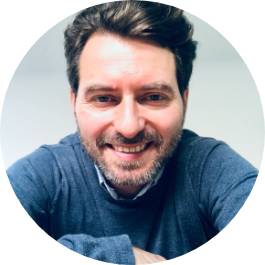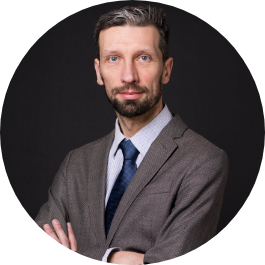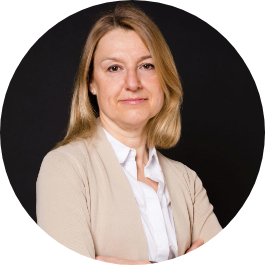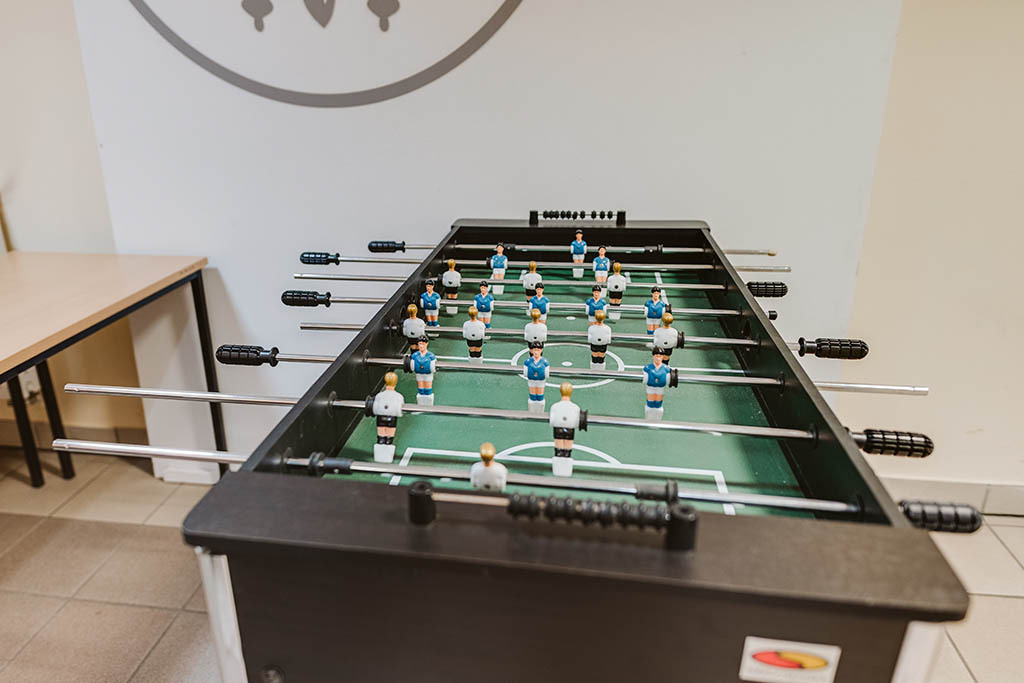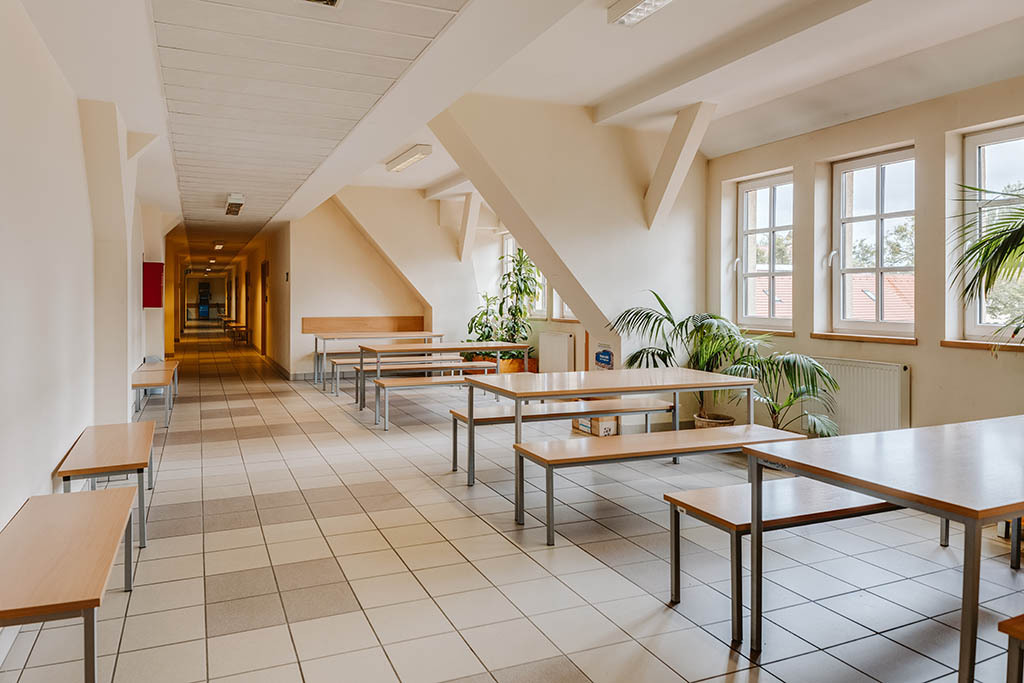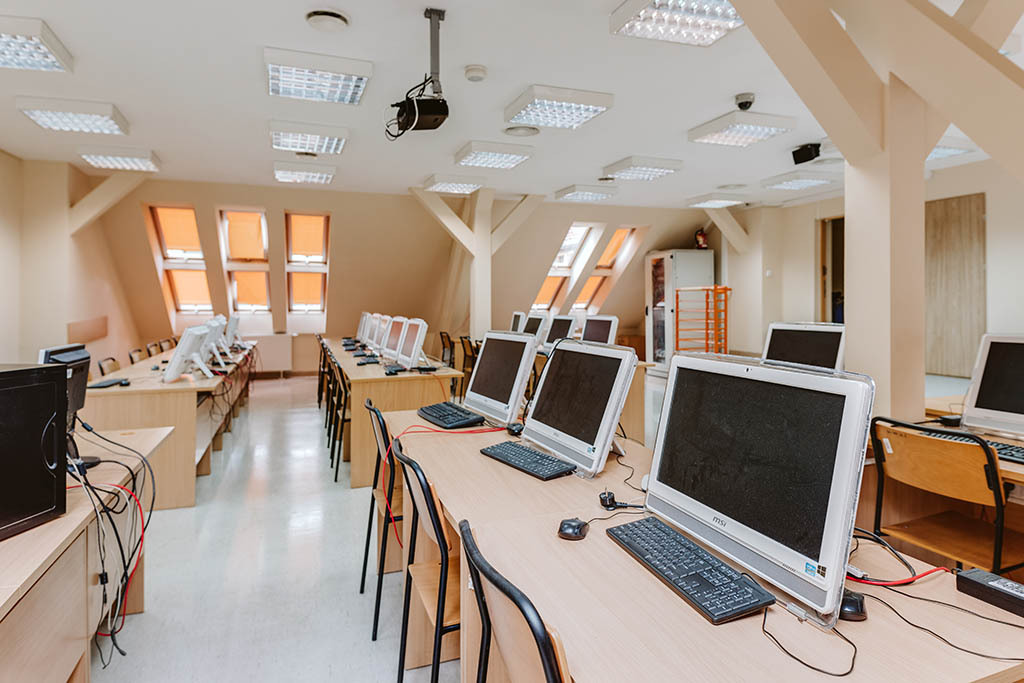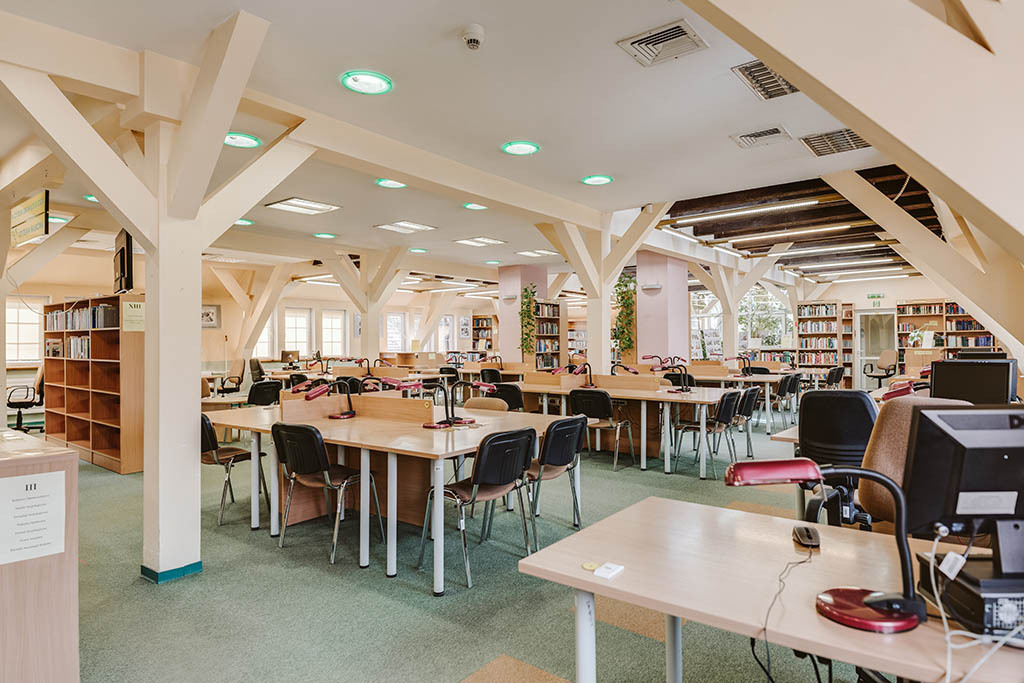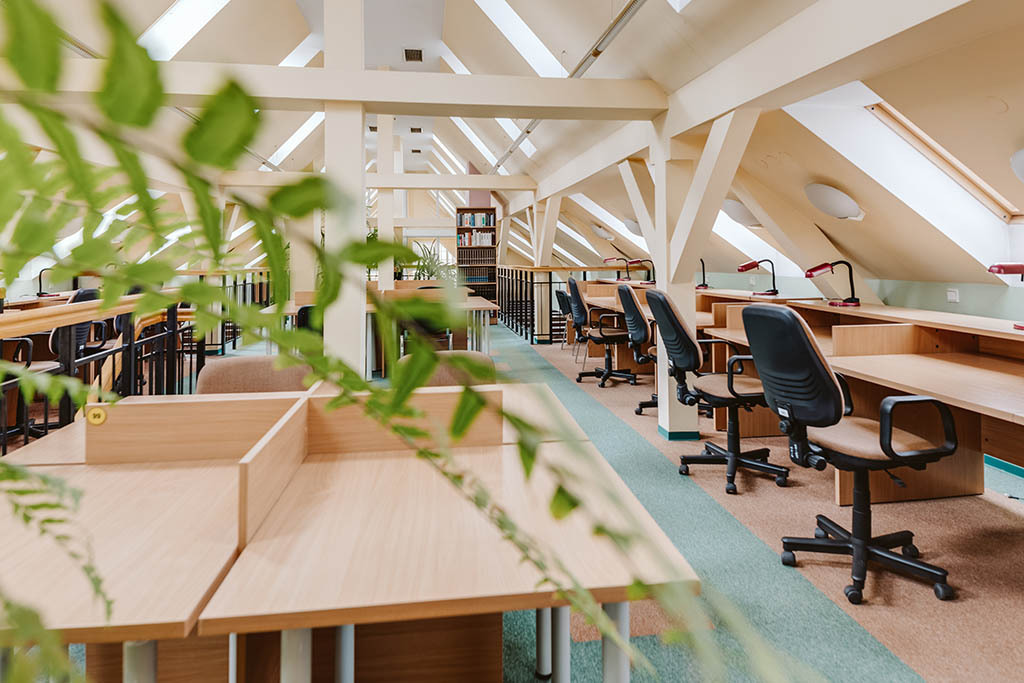Why us
Why us
We ask proper questions and look for the answers together
Studying at the Faculty of Social Sciences of the University of Wrocław, you will not learn what to think, but you will gain competencies necessary for critical analysis.
Critical thinking and thoughtful application of the knowledge gained are the key competencies in the world of constant change, work automation, modern technologies and ongoing globalisation processes.
The Faculty of Social Sciences is a lively centre of studies in politics, society, international relations, European Union, international security, social communication, media and philosophy within the University of Wrocław. We offer the English-language programmes at ten innovative and multidisciplinary specialities combining knowledge of such fields as political science, sociology, international relations, social communication, philosophy, European studies, economics, law, media studies and journalism. You may choose a Bachelor’s programme, Master’s programme or Doctoral School.
Studies at the Faculty of Social Sciences will teach you to analyse mechanisms governing the contemporary world of politics, international relations, social changes, economy and economics. You will get to know the foundations of organisation management, intercultural communication and the rules of media and diplomacy. You will learn to combine research methods from many different scientific disciplines. You will stay up-to-date on the most important events in the international and social arena, and you will be able to analyse them and forecast their effects.
We will support you in your scientific development, planning your career path and following your own interests. You will have individual consultations with lecturers, mentoring sessions and support in finding yourself in a new environment. Studies at the Faculty of Social Sciences will open doors to a career in public institutions at the national and international level, governmental and non-governmental organisations, international trade, business, multinational corporations and media. Our graduates are highly valued specialists, journalists, analysts, experts, politicians and business consultants supporting international cooperation
Build your career with us. Find out which studies we have to offer!
Get to know the university of Wrocław
The University of Wrocław is one of the largest and oldest universities in Poland, operating since 1702. Eleven Nobel Prize winners studied with us: Theodor Mommsen, Philipp Lenard, Eduard Buchner, Paul Ehrlich, Fritz Haber, Friedrich Bergius, Erwin Schrödinger, Otto Stern, Max Born, Karl von Frisch and Hans Georg Dehmelt.
The University of Wrocław was founded with the consent of Emperor Leopold I of Habsburg as a result of the efforts of the Jesuit Order. The main baroque building located picturesquely at the Oder river was constructed from 1728-1739. It is topped with the Mathematical Tower, which used to be an astronomical observatory and from which you may currently admire a beautiful city panorama.
Today, the University of Wrocław comprises several modern campuses spread throughout the city and a newly constructed building of the University Library situated at the Order river banks. It is the third most frequently chosen university by foreign students in Poland and one of the best in terms of the teaching quality.
Last year, the University of Wrocław was the winner of the “Excellence Initiative – Research University” competition organised by the Polish Ministry of Science and Higher Education, which grants the University additional subsidies for its development. More than 25,000 young people and almost 1,500 PhD students are currently studying here. We have nearly 300 scientific units, more than 20 laboratories and 160 workshops.
Fall in love with Wrocław
Wrocław, picturesquely located at the Oder river, is one of the best places to live in Poland. It is the city of Olga Tokarczuk, the Nobel Prize winner in literature, and Jerzy Grotowski, one of more famous theatre directors and artists, and Tadeusz Różewicz, a famous Polish poet. One of the largest film festivals, New Horizons, is in this part of Europe, and the International Theatre Festival Dialogue is held here. The city was the European Capital of Culture in 2016.
Wrocław is the fourth largest city in Poland in terms of population with unemployment at a record low level of 1.9%. Dozens of branches of the largest international corporations operate on the local market: Google, EY, McKinsey, Credit Suisse, UBS, BNY Mellon, IBM, Deloitte, HP, Capgemini, Volkswagen Motor, LG, and many others. Also many diplomatic representations and political institutions have their offices here – for example the Representation of the European Parliament and the Regional Representation of the European Commission.
Additionally, Wrocław is a great starting point for the exploration of European capital cities. It is only about 300 km to Berlin, Prague or Warsaw from here, with excellent connections by train. Moreover, it is just 1.5 hours by bus or train to get to the Sudetes, a beautiful mountain range rising 1,000 m above sea level. Trips along trails in the Sudetes are a perfect way to spend time at weekends to recharge your mind and body.
Study in the heart of Europe!
Poland is one of the fastest developing countries in this part of Europe. We have one of the lowest unemployment rates in the European Union and our dynamically growing labour market has been attracting employees from abroad for years. Poland is also a country with a fascinating history. In September 1939, the World War II began just here – the war which changed the balance of powers in the world. In 1989, Wrocław was the place where the first and largest workers’ protests broke out in the Eastern Block, which unleashed an avalanche of civil disobedience, leading to the collapse of the Soviet Union and, as a consequence, the end of the Cold War.
The country, located in the heart of Central Europe and belonging to the the Euro-Atlantic zone of security, is an ideal place to observe strategic movements of global powers and development challenges for countries undergoing systemic transformation. Poland is one of the examples of the successful but also painful process of transition from the centrally planned economy and authoritarian system to the system of market economy and democracy. It is also a country which over the past 30 years has been undergoing the process of formation, nearly from scratch, of efficient public institutions of a modern state, free media and civil society. The inspiration for all these transformations was the exchange of knowledge and best practices with highly developed countries.
Today, we are one of 36 best developed countries of the world, belonging to the OECD and the 23rd country in terms of buying power of citizens. 38.2 million people live here, which – taking into account the large area of Poland – provides the comfort of low population density. You will certainly find a place for yourself here!
